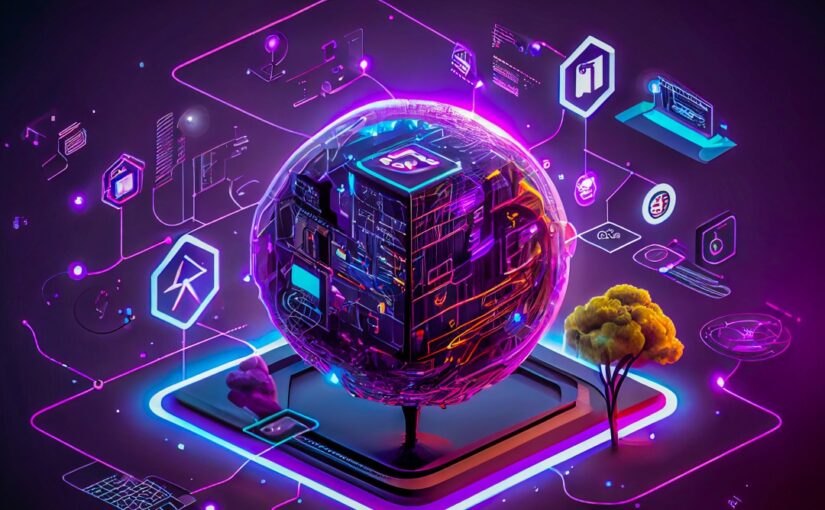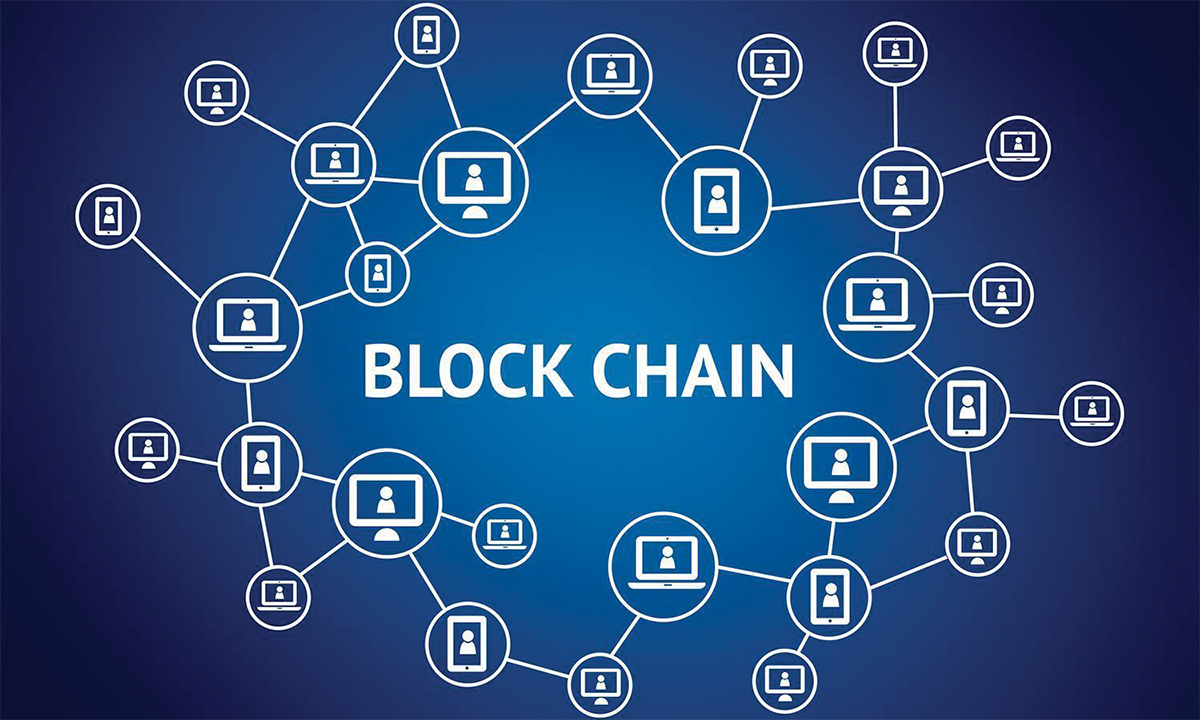The world of technology is constantly evolving, with new innovations and ideas shaping the way we live and work. Keeping up with the latest trends and conversations in this fast-paced industry can be a challenge, but it is essential for anyone looking to stay ahead of the game. In this blog post, we will dive deep into the fascinating world of TechTalk trends, exploring the dynamic facets of the modern tech landscape and providing fresh insights into the trending dialogues that are shaping the tech community.
Exploring Current Trends
Artificial Intelligence and Machine Learning
Artificial Intelligence (AI) and Machine Learning (ML) have been hot topics in recent years, and their influence continues to grow. From virtual assistants like Siri and Alexa to self-driving cars, AI is making its mark across industries. ML algorithms are being used to analyze vast amounts of data to improve decision-making and automate processes. As the technology advances, ethical considerations and concerns about job displacement are becoming part of the conversation.
Internet of Things
The Internet of Things (IoT) is another trend that is significantly impacting our lives. With the ability to connect devices and objects to the internet, IoT is transforming our homes, cities, and industries. Smart thermostats, fitness trackers, and connected cars are just a few examples of IoT applications. However, as more devices become interlinked, ensuring data security and privacy becomes crucial.
Blockchain and Cryptocurrencies
Blockchain, the technology behind cryptocurrencies like Bitcoin, is gaining attention for its potential to revolutionize various industries. Its decentralized and secure nature makes it a viable solution for applications such as supply chain management, financial transactions, and even voting systems. Cryptocurrencies, on the other hand, have sparked debates around their legitimacy, regulation, and impact on traditional financial systems.
Augmented and Virtual Reality
Augmented Reality (AR) and Virtual Reality (VR) technologies are changing the way we experience the world. AR overlays digital information onto the real world, while VR creates immersive, computer-generated environments. From gaming and entertainment to healthcare and education, these technologies offer endless possibilities. However, challenges such as user adoption and content creation still need to be addressed.
Cybersecurity and Privacy
As technology evolves, so do the threats that come with it. Cybersecurity and privacy have become critical concerns for individuals, businesses, and governments. With the rise of data breaches, ransomware attacks, and surveillance controversies, safeguarding sensitive information is of utmost importance. Innovations in encryption, authentication, and threat detection are continuously being developed to combat these challenges.
Gleaning Critical Insights
As we traverse the intriguing world of TechTalk trends, several critical insights emerge. Firstly, collaboration and interdisciplinary approaches are key to driving innovation. The convergence of different technologies, such as AI in IoT or blockchain in finance, opens up new opportunities and challenges that require expertise from diverse fields.
Secondly, ethical considerations must be at the forefront of technological advancements. The potential unintended consequences of AI, data privacy concerns in IoT, and fraud risks associated with cryptocurrencies highlight the need for responsible development and implementation.
Lastly, staying informed and adaptable is essential to navigate the ever-changing tech landscape. As trends come and go, keeping up-to-date with the latest advancements, engaging in conversations within the tech community, and continuously learning are crucial to remain competitive.
Embracing the Future
In conclusion, the world of technology is undergoing a constant evolution, driven by innovation, collaboration, and ethical considerations. From AI and IoT to blockchain and AR/VR, the current tech trends have the power to transform industries and society as a whole. By understanding and engaging with the trending dialogues in the tech community, we can embrace the future with fresh insights and foster a deeper understanding of the dynamic facets of the modern tech landscape. So, let’s dive deep into these TechTalk trends and unlock the unlimited potential they offer.



 Understanding Blockchain Technology
Understanding Blockchain Technology Cryptocurrencies and Their Role
Cryptocurrencies and Their Role